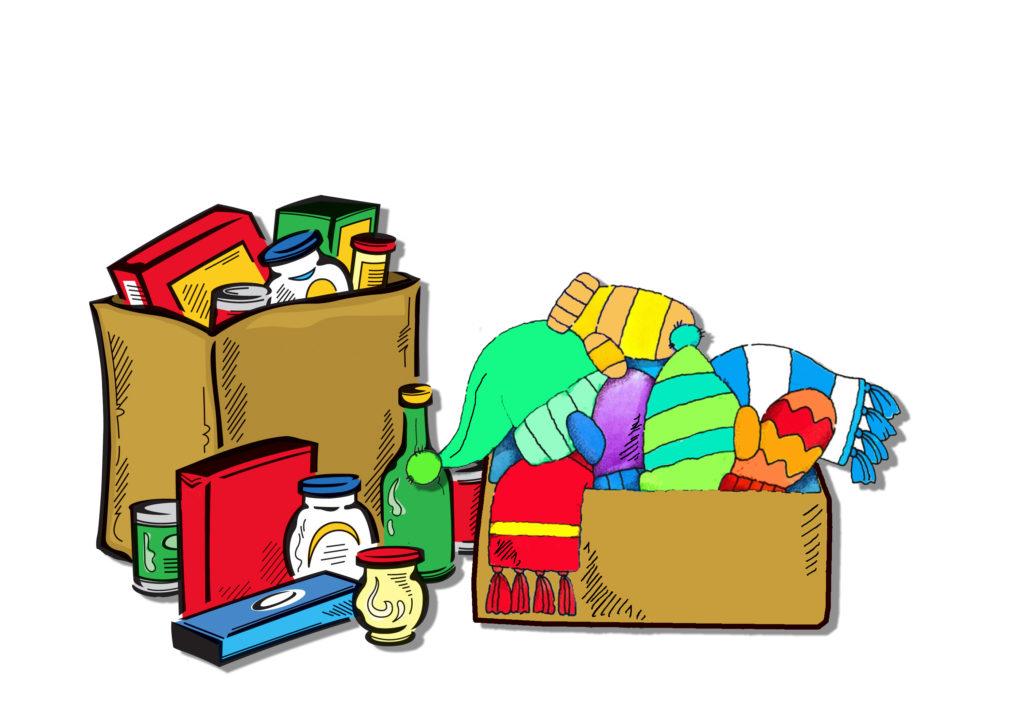By Eva Lillienfeld
Combating poverty tends to conjure images of food pantries and clothing drives, but winter brings additional problems for low-income households. As the temperatures cool down, many Iowans are forced to choose between rising heating bills and other living necessities. Mid-Iowa Community Action (MICA) helps administer a federal program, the Low-Income Home Energy Assistance Program (LIHEA), intended to lessen the burden of these energy bills.
Just last year, 185,000 Iowans received heating assistance from LIHEA — nearly 50,000 in Grinnell’s congressional district alone. More than simply reducing the cost of heat, LIHEA can help some recipients receive a moratorium, which legally prohibits an energy provider from shutting off heat during the winter.
Despite helping so many Iowans keep their heat, MICA receives few applications from Grinnell students, according to MICA Family Development Center Manager/Volunteer Coordinator Danielle Wonderly.
“For Grinnell College students, I really, really encourage them to apply for heating assistance,” Wonderly said. “It doesn’t mean that you have to be low income. Basically, a household of one making 20,790 dollars or less a year would qualify, which is probably all of you. I know some people get help from their parents but a lot of them don’t.“
Wonderly has seen a dramatic increase in the number of applications MICA receives from college students over the last several years, which she credits to increased outreach from MICA. However, she feels that there is, “still a good population that we’re missing.”
College students would not be alone in applying for MICA’s most utilized program. According to the most recent census, the median household income in Grinnell is 45,079 dollars, just above LIHEA’s cutoff limit for a family of four. And LIHEA helps both seniors and family households, both of which face different challenges staying safe and warm in the winter.
“The elderly … they’re on a fixed income, so obviously their needs are high” Wonderly said. “But when they have a household of one, they might not get as much assistance. But families have great needs too because they’re providing for more people. Even if their income is a little bit higher than minimum wage, that means often that they cut off from assistance from other government programs, and they rely on assistance [from MICA] more.”
For the 2016 cycle, MICA has received around the same number of LIHEA applications as it did last year, despite this year’s warmer temperatures. This year, MICA began accepting applications from seniors in September, a full month before the usual October deadline to prepare for the high volume of applications they expect to receive.
“It doesn’t mean they get the funds earlier — it’s just so we can get those folks dealt with before it gets busier,” Wonderly said.
MICA also helps with long-term energy saving investments for families receiving LIHEA. Since the mid 1970s, MICA has offered weatherization services.
Using National Energy Audit Technology (NEAT), MICA workers can inspect a home and determine the best investments for the home — those that provide the greatest energy saved per dollar.
Some of the most common investments include increasing wall insulation, replacing outdated or inefficient refrigerators and appliances and installing high-energy efficient bulbs.
In the winter months, MICA does not just take applications for programs but also volunteers. The agency frequently works with the CLS to coordinate work-study positions for Grinnell students to provide support for MICA.
“We can always take volunteers at the office to help with the food pantry,” Wonderly said.
For more information about how to volunteer, contact Danielle Wonderly at Danielle.wonderly@micaonline.org or call the MICA administrative office at 641-752-7162.



















































